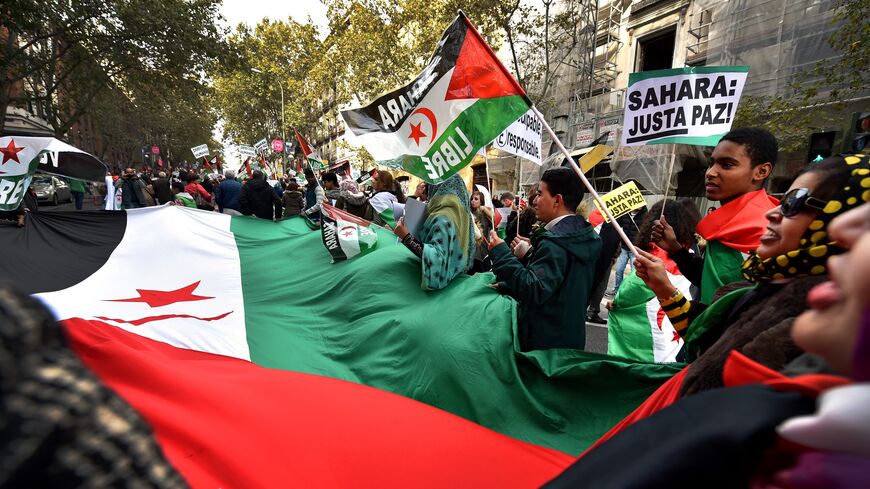A year ago today, Algeria announced the breaking of a two-decade friendship and cooperation treaty with Spain in response to Madrid’s support for the Moroccan autonomy plan for Western Sahara. The bitter dispute saw Algeria freeze all non-gas-related trade with Spain for its support for Morocco’s plan, inflicting billions of euros of economic harm on Algiers and Madrid.
Morocco has laid claim to Western Sahara, which was a Spanish colony until 1976. A 1991 cease-fire agreement saw Morocco lay claim to 80% of the contested region, with the rest being held by the Polisario Front, the Algeria-backed Western Sahara pro-independence movement. Algeria has been adverse to its neighbor laying claim to the Western Sahara and has supported its independence from Morocco.
While Rabat has offered some limited autonomy, it has repeatedly stated that the mineral-rich territory must remain under its sovereignty. The Polisario Movement, on the other hand, demands an independence referendum.
Economic loss



